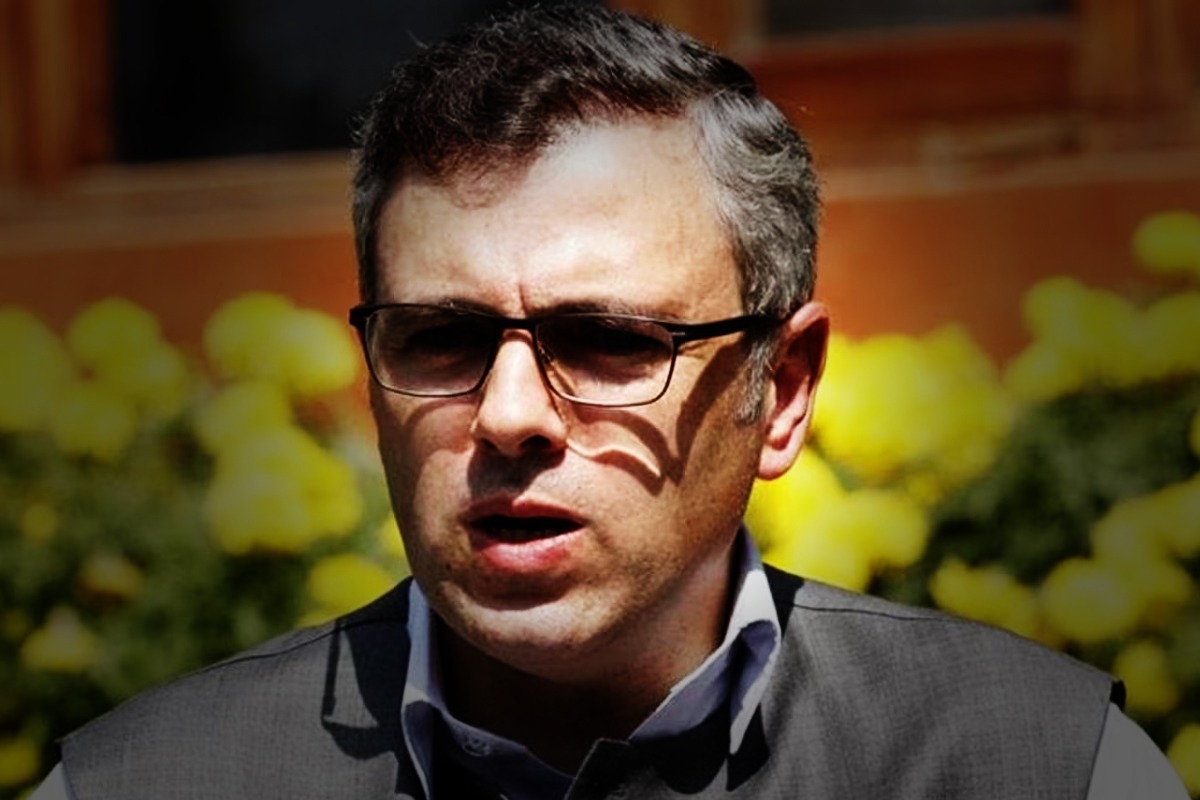SRINAGAR : In the aftermath of the Congress party’s electoral setbacks in Madhya Pradesh, Rajasthan, and Chhattisgarh, former Jammu and Kashmir Chief Minister Omar Abdullah has raised doubts about the sustainability of the INDIA alliance.
FLASH : National Conference Vice President and India Alliance Coordination Committee Member Omar Abdullah says “ The way India Alliance has performed in these state elections, if the situation remains the same, I don’t think that the alliance will exist. Congress has not… pic.twitter.com/l4uvSV0MMy
— The New Indian (@TheNewIndian_in) December 3, 2023
Speaking to the media in Udhampur, Abdullah shared his apprehensions, stating, “Judging the results of INDIA alliance in the state elections, if the situation is like this in the future, we cannot win.”
Expressing surprise at the BJP’s success, Abdullah congratulated the party for exceeding expectations. He highlighted the discontent within the alliance, citing unfulfilled predictions in Chhattisgarh, Madhya Pradesh, and Rajasthan.
Abdullah questioned the Congress party’s strategy, particularly its decision not to field Samajwadi Party leader Akhilesh Yadav in Madhya Pradesh. He remarked, “Either the Congress has failed to grasp the ground situation in Madhya Pradesh, or they miscalculated. What harm would it have done to allocate 5-7 seats to Akhilesh Yadav? The results now speak for themselves.”
Meanwhile, PDP President Mehbooba Mufti expressed optimism about the opposition’s prospects in the 2024 Lok Sabha elections. Mufti, attending a party convention in Kupwara, emphasised the challenges faced by opposition parties, including government influence, probe agencies, financial power, and the Election Commission during the recent Assembly elections.
Mufti shared her hopes for improved results in 2024, stating, “I hope that the results are better (for the opposition) in 2024 (Lok Sabha polls) than these elections. Today, when elections are held, on one side is the opposition, and on the other side is the might of the government, agencies, money, and the Election Commission.”
Democratic Progressive Azad Party (DPAP) President Ghulam Nabi Azad weighed in on the Congress’s defeat, attributing it to the party’s lack of focus on minority issues. Azad expressed his observations, stating, “One thing that I’ve noticed in the last 20-25 days is that the Congress, which was considered the champion of minorities, didn’t talk about the minorities… Now minorities are not in the agenda of Congress.”
As the Congress contemplates its electoral setbacks and the future of the INDIA alliance hangs in the balance, the political landscape remains dynamic. The observations and critiques from key political figures provide insights into the challenges and considerations shaping India’s political narrative. The road ahead for both the Congress and opposition parties in navigating these complexities will undoubtedly impact the trajectory of Indian politics.









